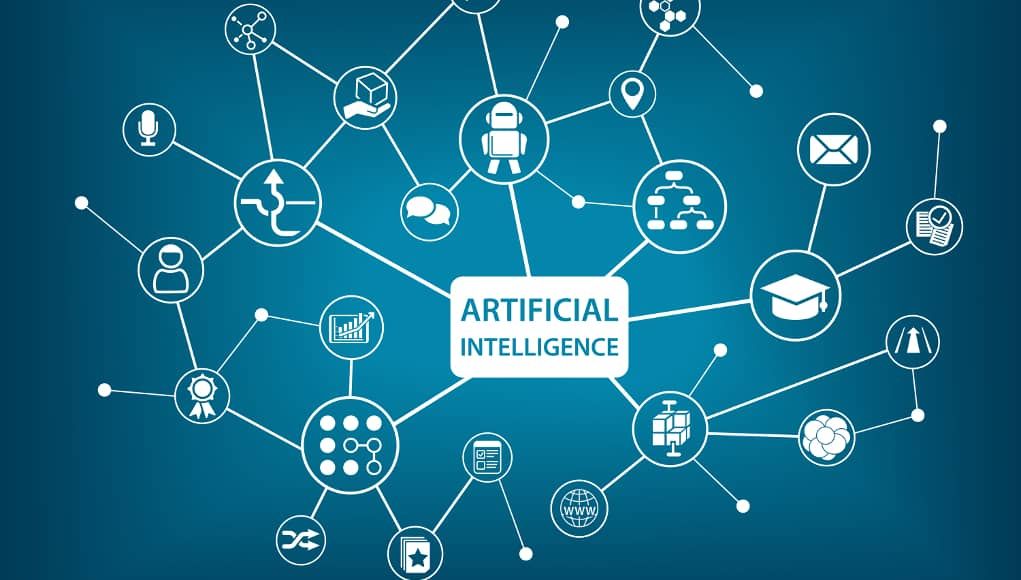Automation And Artificial Intelligence
May 05, 2019 • 29 views
Automation and artificial intelligence are the buzz words which have created excitement and commotion in the industry and economy. AI is the simulation of human intelligence processes by machines, especially computer systems. These processes include learning (the machines acquire knowledge of rules for using the information), reasoning (using the rules to reach approximate or de nite conclusions), and self-correction.

Scientific and technological advancements have lead to the invention of sophisticated machines, robots and software which surpass humans in physical and cognitive functions. This means that there is increased profitability which leads to economic growth. However, the downside is loss of traditional jobs and increasing unemployment in varied sectors of the industry which has a ripple effect on, and serious implications for the society.
As governments, organizations and workforce all over the world grapple with this phenomenon, one recalls the words of the U.S. president, Lyndon B. Johnson in 1964. He had said at that time, “If we understand it, if we plan for it, if we apply it well, automation will not be a job destroyer or have a family displaced. Instead, it can remove dullness from the work of man and provide him with more than man has ever had before.” It also brings to fore the words of Isaac Asimov, who had said that, ‘there is no way but onwards’, in relation to scientific inventions impacting human lives.
The McKinsey Global Institute has published a report on automation and its potential effects on productivity. According to them, activities that involve data collection, data processing, and physical work in factories in sectors such as manufacturing, food services, transportation and warehousing, and retail will be the most affected.
On one hand, AI and automation will open new avenues for individuals, certain sections of the industry and the economy, but on the other hand, they will also lead to loss of jobs of millions across the world, creating an unhappy, dissatisfied and disgruntled population. It will also mean more money allocation by the state for social welfare. Thus, the need of the hour is to have strategies and policies that could increase the benefits of AI and diminish its negative impact.
Oscar Salazar, who built the app for a startup idea that we now call Uber, says he thought very little about how the application would impact society, and the large number of drivers who would lose a source of income. “We are all responsible,” he said at the Milken Global Conference in Los Angeles. “We are adding technology to a society without thinking about the consequences. I think government, industry and society need to work more together, because it is going to get crazier and crazier.” According to him, the technology companies who create AI, must not only participate in the discussions on the effects of the automation, but also take responsibility for them.
It is certain that AI-driven automation will influence and change the economy over the coming years and decades. The challenge for all stake holders and policymakers will be to update, strengthen, and adapt policies to respond to the economic effects of AI. The solution, it seems, lies in identifying skills required in the job market in the future; re-skilling and retooling workers for the new job scenario; revamping education for jobs of the future; and also support and develop AI for its many benefits.
Though no one can be certain how much and how far the human race will benefit from AI, or what drawbacks and disruptions people across the globe will face because of it, the need to be prepared for its impact on an individual, community, national and international level is vital and necessary in the future.
